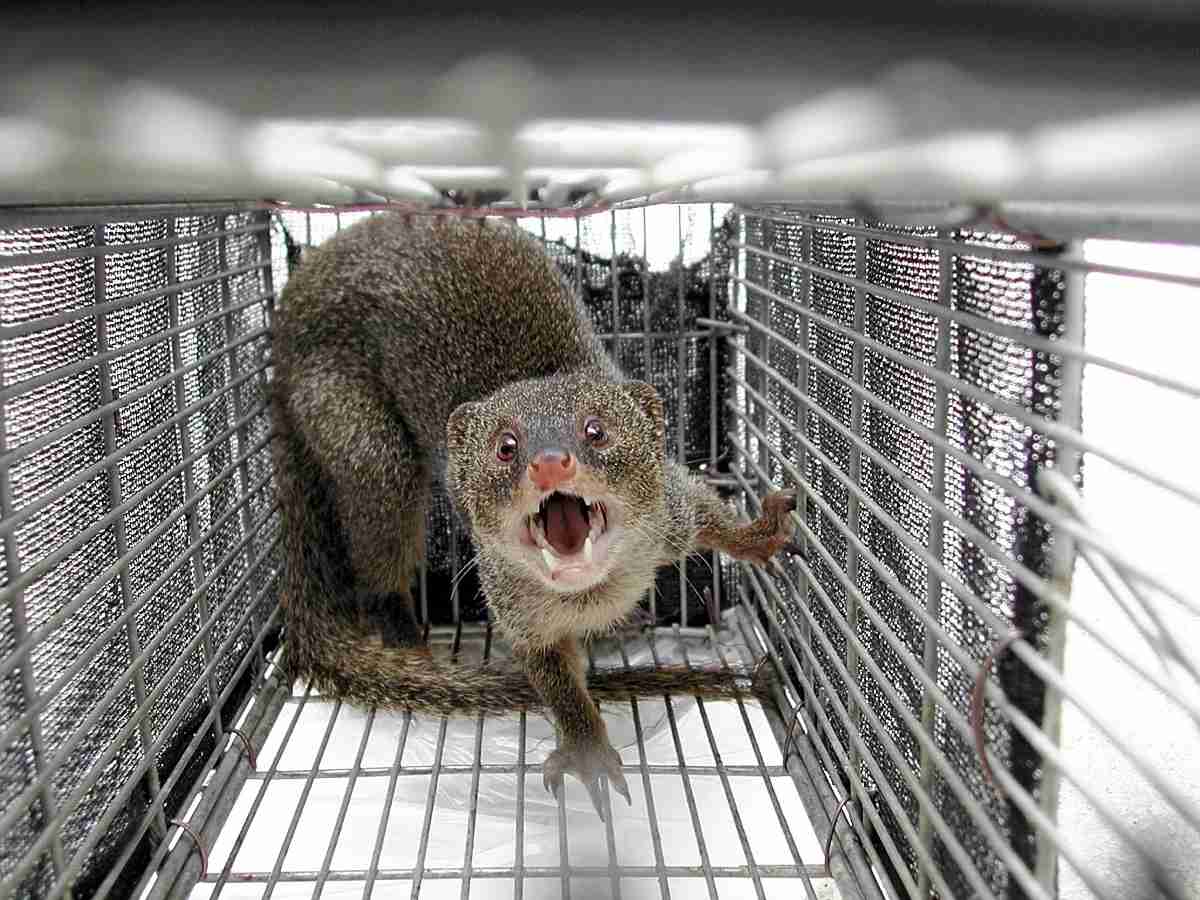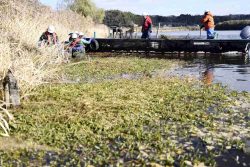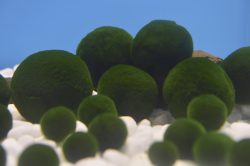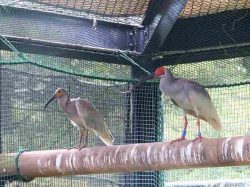Invasive Mongooses Likely Eradicated from Amami Oshima Island; First Brought to Island in 1979 to Reduce Snake Population

A small Indian mongoose
12:19 JST, September 2, 2024
The Environment Ministry is likely to announce soon the successful eradication of the invasive small Indian mongoose from the Amami Oshima island in Kagoshima Prefecture.
While mongooses have been captured on the island as part of a project to control the invasive alien species, no mongooses have been captured since one was caught in 2018. A panel of experts will assess the current situation on Sept. 3. If the animal is declared eradicated, it will mark the success of a globally rare large-scale pest control project.
According to the ministry, about 30 mongooses were brought to the island in 1979 to reduce the population of poisonous habu snakes, but because mongooses are active during the day, they were unable to catch the nocturnal habu snakes. Instead, they attacked native species such as the Amami rabbit, a special natural treasure of Japan. For this reason, they turned out to be a pest.
The mongoose population reached an estimated 10,000 at its peak. The mongoose control project began in 1993 and was fully implemented in 2000. About 30,000 traps were set on the island to capture the animals and sensor cameras were installed to monitor them. Local residents formed the Amami Mongoose Busters, a team specializing in capturing mongooses. The number of mongooses captured reached 32,600.
The last time a mongoose was captured on the island was in April 2018. Given the fact that no mongoose has been captured for a long period of time, the expert panel, which is tasked with determining whether the animal is eradicated from the island, estimated the eradication rate to be between 98.8-99.8% in February and reached a preliminary conclusion that it is reasonable to say that mongooses are eradicated from the island under the current circumstances.
At its next meeting, the panel will make a new assessment based on the latest data. If the situation does not change, the ministry is expected to declare the successful eradication of the mongoose from the island. In 2015, Japan declared the eradication of the Canada goose, an invasive alien species from North America, from the country.
Kimitake Funakoshi, professor emeritus of mammalogy at the International University of Kagoshima, said, “Pest-control efforts have helped increase native species populations, which led the Amami Oshima island to be registered as a UNESCO World Natural Heritage site. Pest control requires a long time and much labor to complete. From this experience, we must learn a lesson that people should not bring in alien species.”
Top Articles in Science & Nature
JN ACCESS RANKING
-

Japan Institute to Use Domestic Commercial Optical Lattice Clock to Set Japan Standard Time
-

Israeli Ambassador to Japan Speaks about Japan’s Role in the Reconstruction of Gaza
-

Man Infected with Measles May Have Come in Contact with Many People in Tokyo, Went to Store, Restaurant Around When Symptoms Emerged
-

China Eyes Rare Earth Foothold in Malaysia to Maintain Dominance, Counter Japan, U.S.
-

Australian Woman Dies After Mishap on Ski Lift in Nagano Prefecture



























